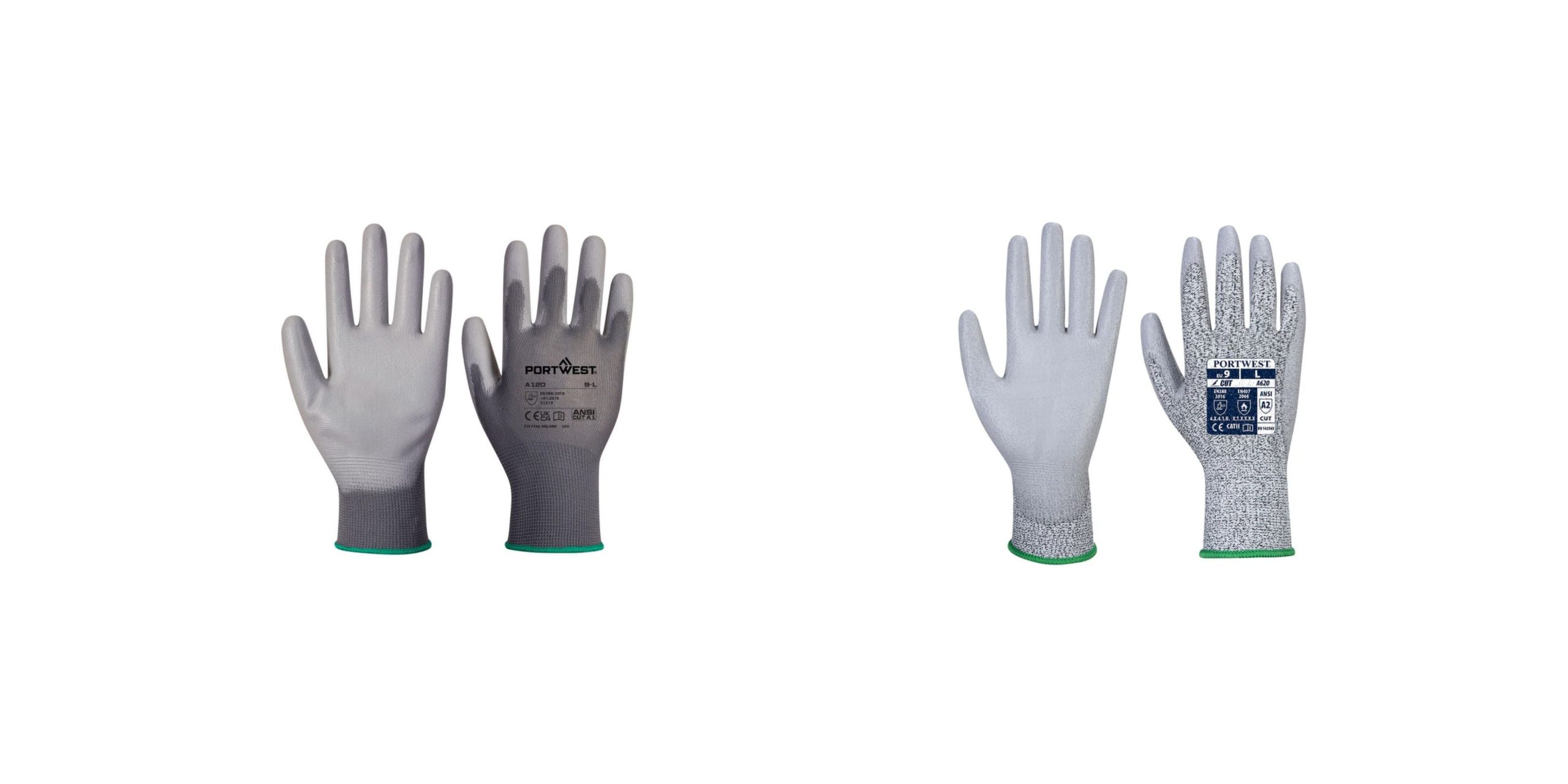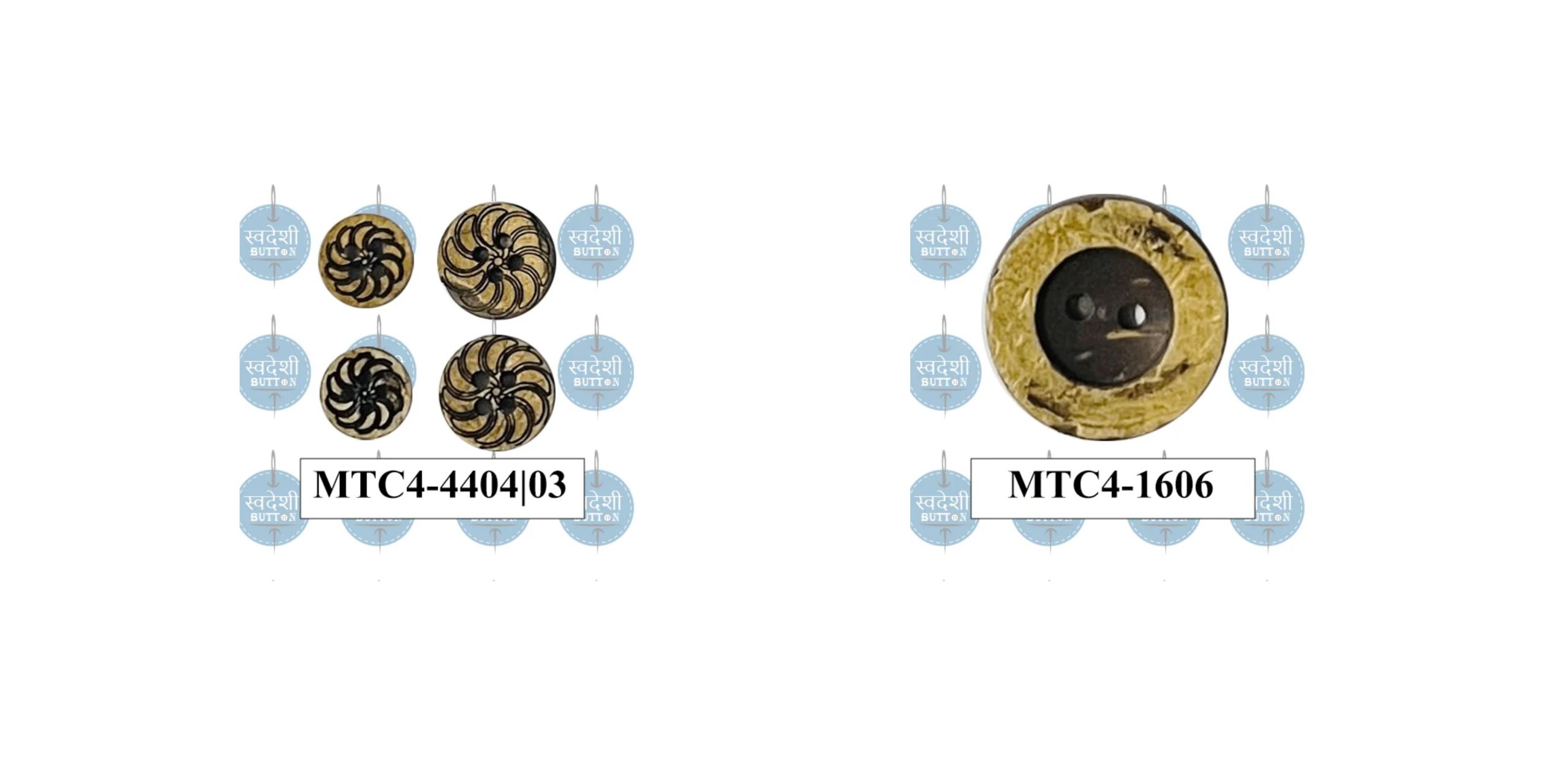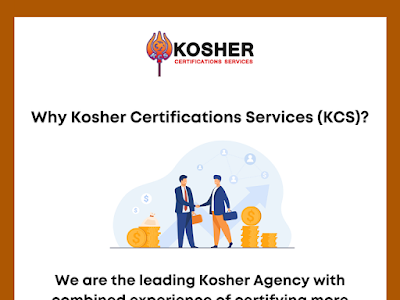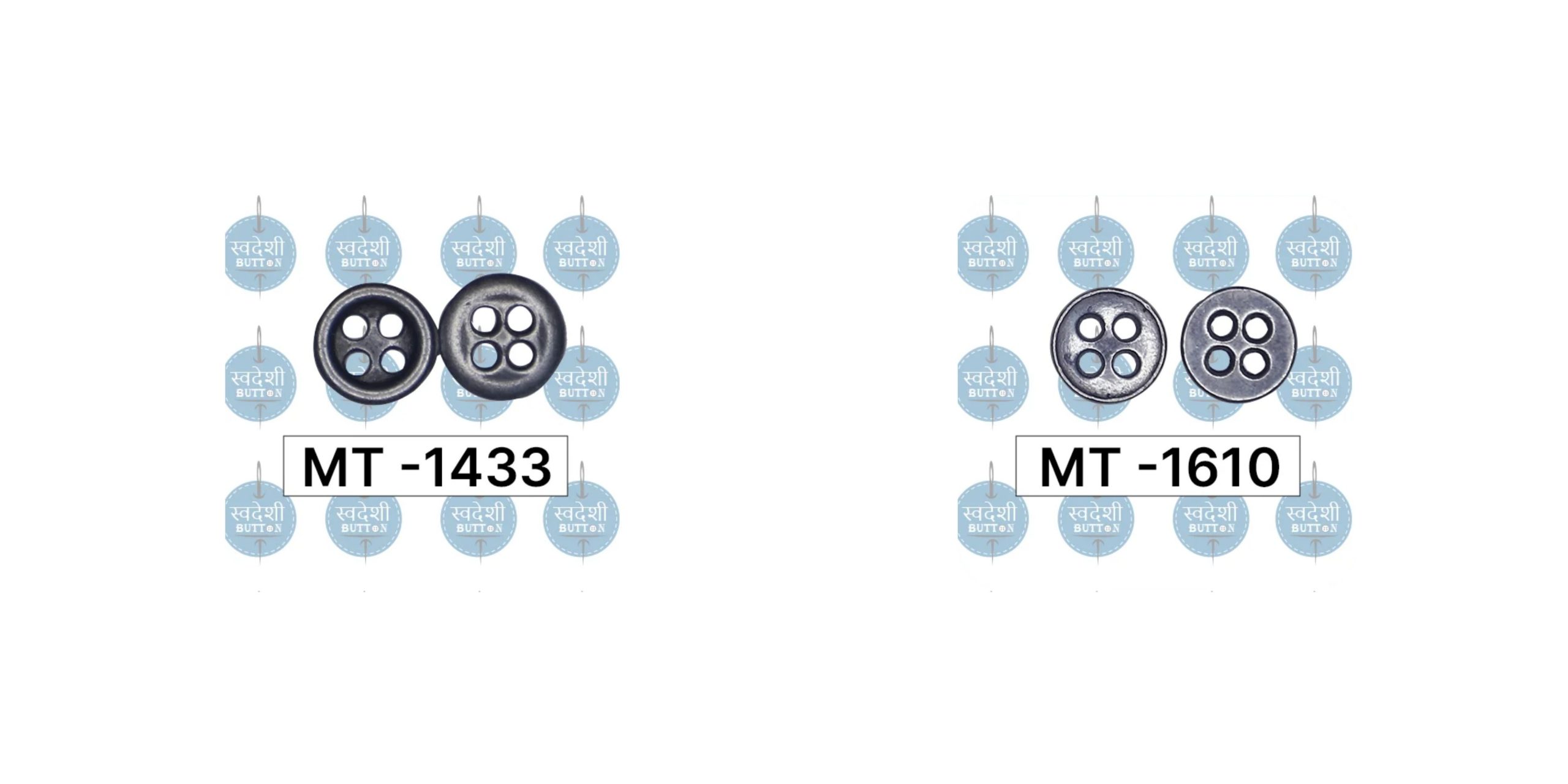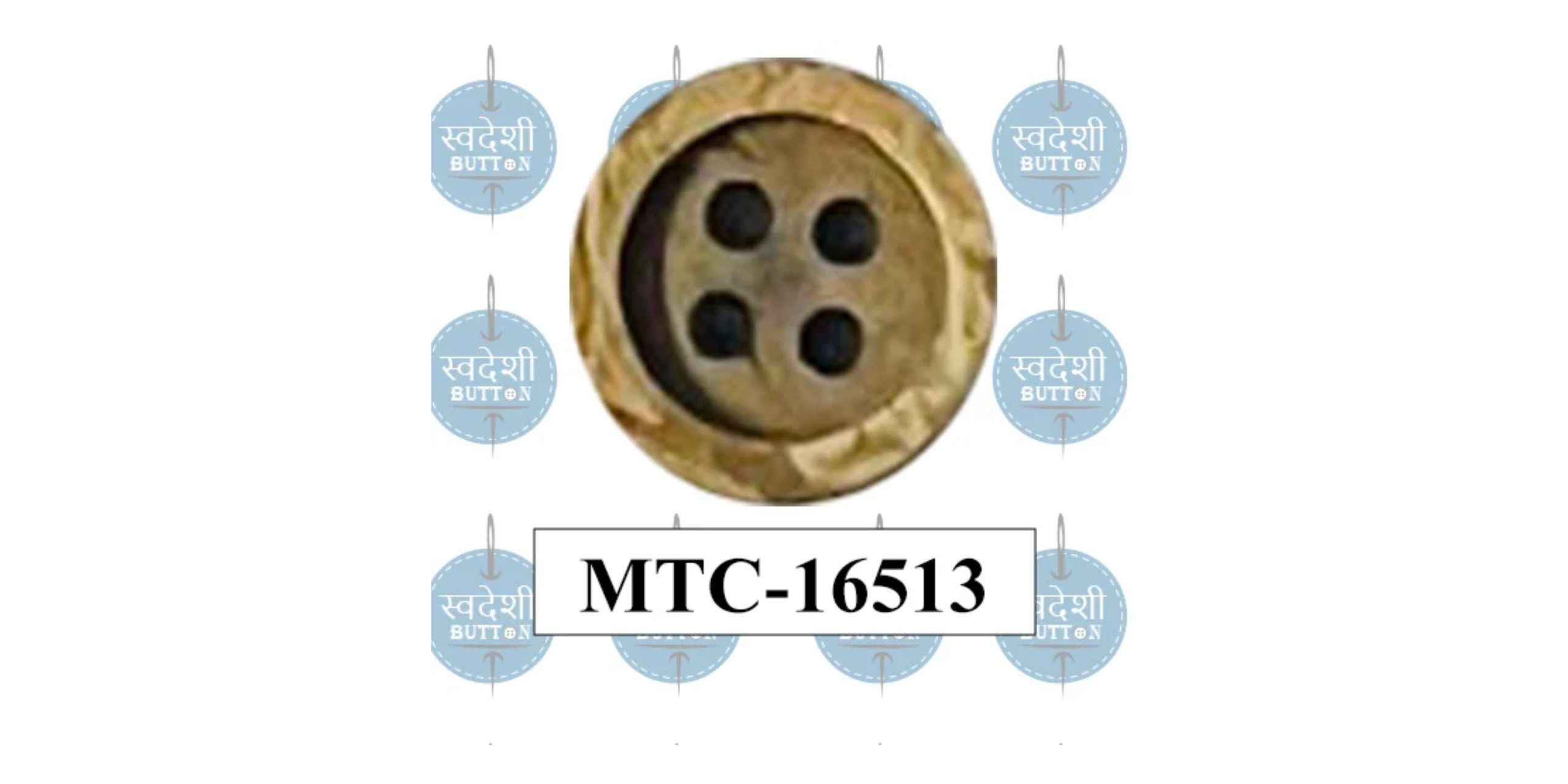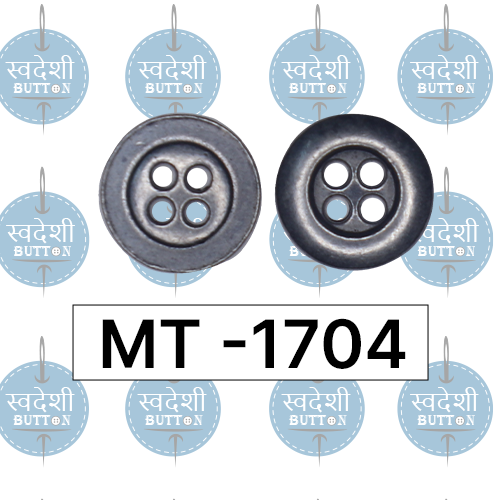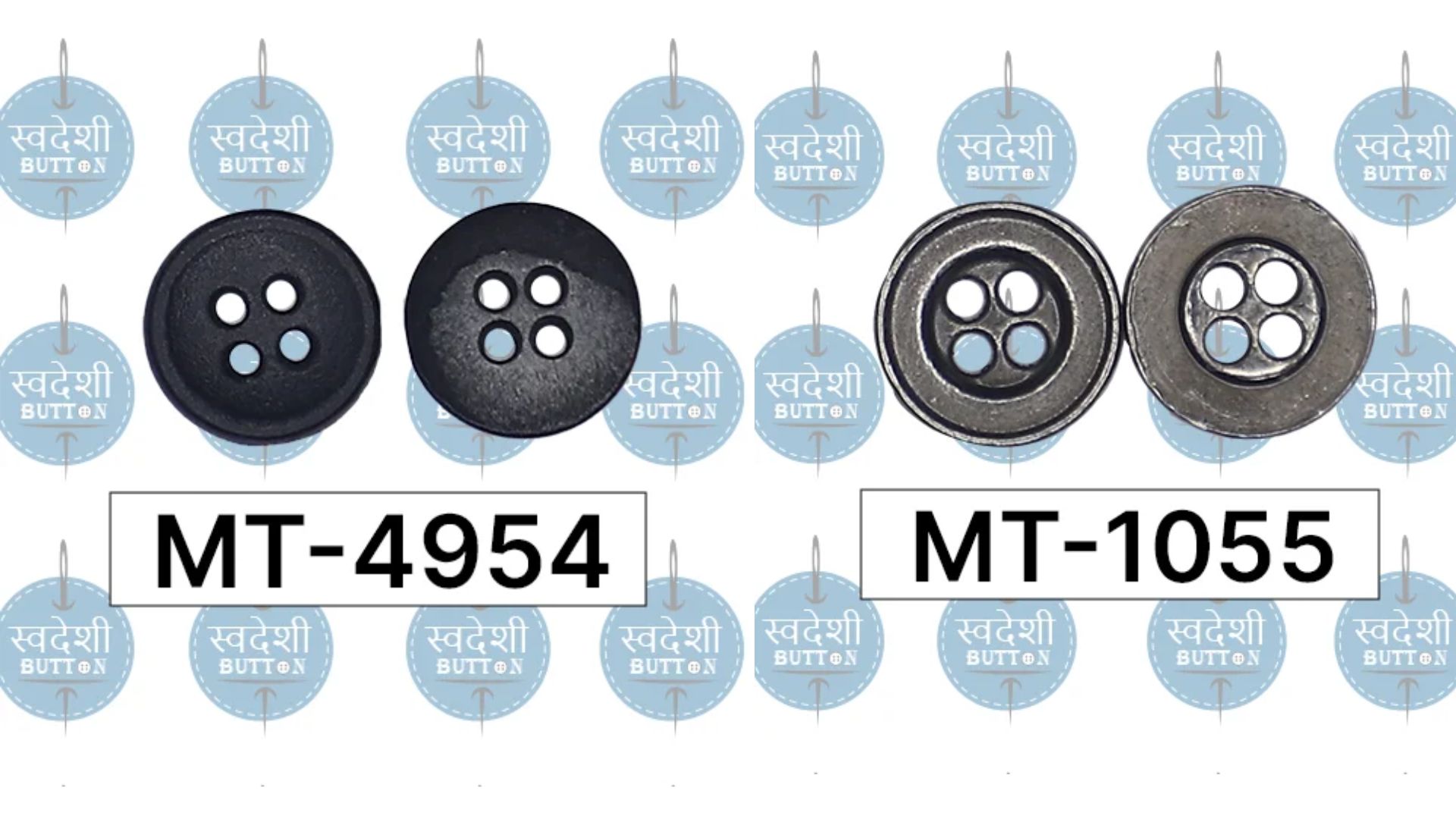
- March 29, 2025
- servsiksha
- 0
Consumers today are more aware of the food they eat, with many seeking products that align with their specific dietary, ethical, or religious beliefs. For individuals who follow Jewish dietary laws, known as kashrut, a Kosher certificate is essential to ensure that the food they consume meets these standards. Whether you are a business owner or a consumer, understanding the importance of kosher certification can help you reach a wider audience and build stronger customer trust.
What Is a Kosher Certificate?
A Kosher certificate is an official document issued by a recognized certifying agency. It confirms that a product complies with Jewish dietary laws, also known as kashrut. These laws determine what food can be eaten and how it should be prepared. A kosher certificate proves that a product adheres to these standards and is suitable for consumption by those who observe Jewish dietary practices.
For businesses, obtaining kosher certification signals to customers that they meet these rigorous standards. It helps businesses attract Jewish consumers and others who prefer ethical or halal food choices.
The Kosher Certification Process
Obtaining a kosher certificate involves several clear steps:
-
Application: The company submits an application to a kosher certifying agency, either local or international, that specializes in kosher standards.
-
Inspection: A trained kosher inspector visits the production facility. The inspector checks the ingredients, production methods, and equipment to ensure they meet kosher guidelines.
-
Approval: If the company meets all the required standards, the certifying agency issues the kosher certificate, officially recognizing the product as kosher.
-
Ongoing Monitoring: Kosher certification requires regular inspections to ensure that the product continues to meet kosher standards. Certification is an ongoing process.
Why Kosher Certification is Important for Your Business
Pursuing kosher certification offers several benefits for businesses:
-
Access to a Broader Market: A kosher certificate expands your market, attracting Jewish consumers and others who follow ethical or halal diets. Many food retailers and restaurants require kosher certification to sell a product, allowing you to access new sales channels.
-
Build Consumer Trust: A kosher certificate reassures consumers that your product meets strict standards. It boosts your brand’s credibility and can help you build stronger relationships with customers who prioritize quality and transparency.
-
Increase Product Quality: To earn kosher certification, businesses must follow high standards for cleanliness, safety, and production practices. This focus on quality often results in better products, leading to higher customer satisfaction.
-
Gain Global Recognition: Kosher certification is widely recognized around the world. It can help your business gain international exposure and open doors to markets in countries like the U.S., Israel, and Europe, where kosher products are in high demand.
Benefits for Consumers
For consumers, a kosher certificate offers several key benefits:
-
Confidence in Food Safety: Kosher certification assures consumers that products have undergone strict inspections and meet high hygiene standards. For those who observe Jewish dietary laws, it guarantees that the product is safe to consume.
-
Ethical and Humane Practices: Kosher food production follows humane treatment of animals, which appeals to consumers who care about ethical sourcing and slaughter methods.
-
Health and Quality: Kosher certification also emphasizes food safety and quality, which can appeal to health-conscious consumers who prioritize clean, safe products.
How to Obtain a Kosher Certificate
Obtaining a kosher certificate involves the following steps:
-
Choose a Certification Agency: Select a recognized kosher certification agency to guide you through the process. The agency will assess your product and facility’s compliance with kosher laws.
-
Prepare Your Facility: Make sure that all ingredients, production methods, and equipment meet kosher standards. You may need to adjust certain practices to prevent contamination with non-kosher foods.
-
Undergo Inspection: The certification agency will send an inspector to check that your facility and production practices meet kosher guidelines.
-
Get Certified and Renew Regularly: If you pass the inspection, the agency will issue your kosher certificate. Remember, kosher certification requires ongoing inspections to maintain the status.
Conclusion
A kosher certificate can help your business access a larger customer base, increase trust with consumers, and ensure that your products meet the highest quality standards. It benefits both businesses looking to expand their market reach and consumers who want products that align with their dietary and ethical values.
If you’re in the food industry, obtaining kosher certification can be a game-changer. It can increase your credibility, expand your global reach, and meet the growing demand for high-quality, ethically sourced products.






